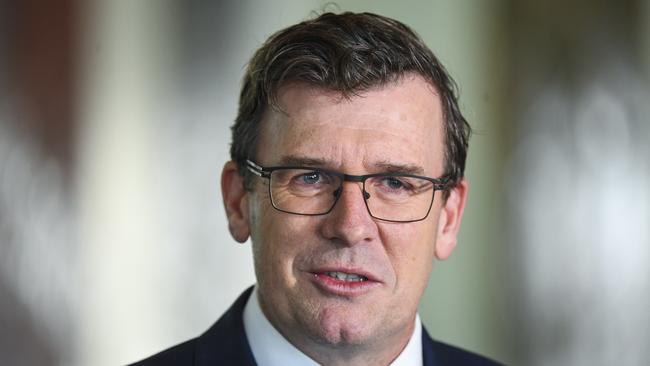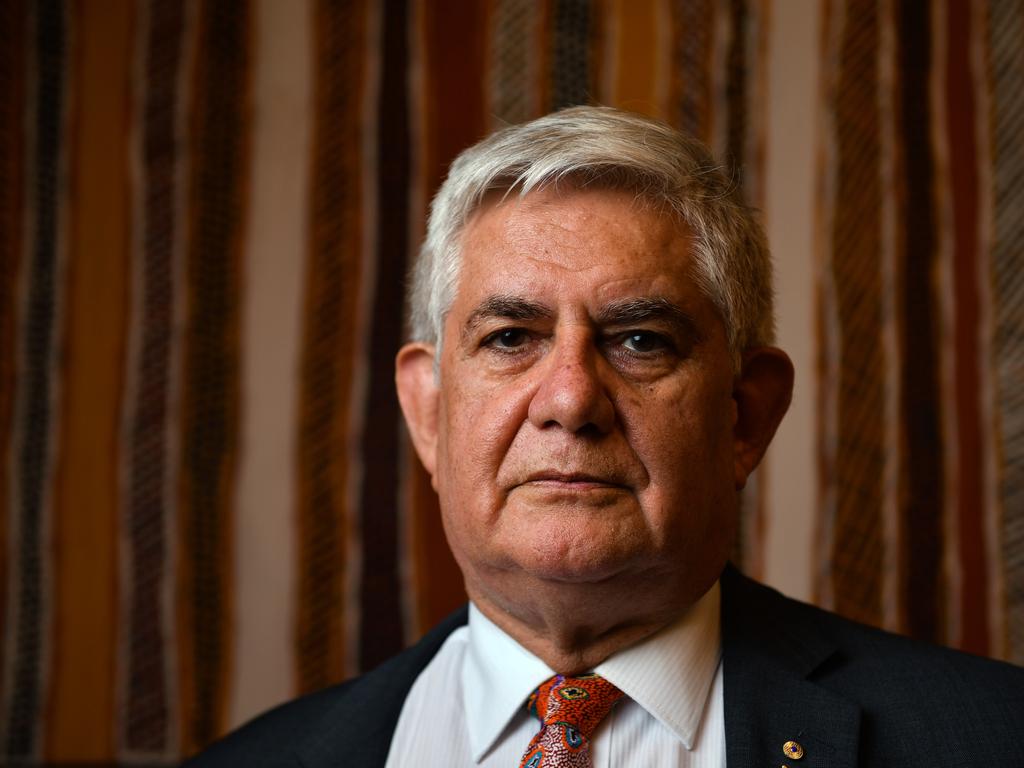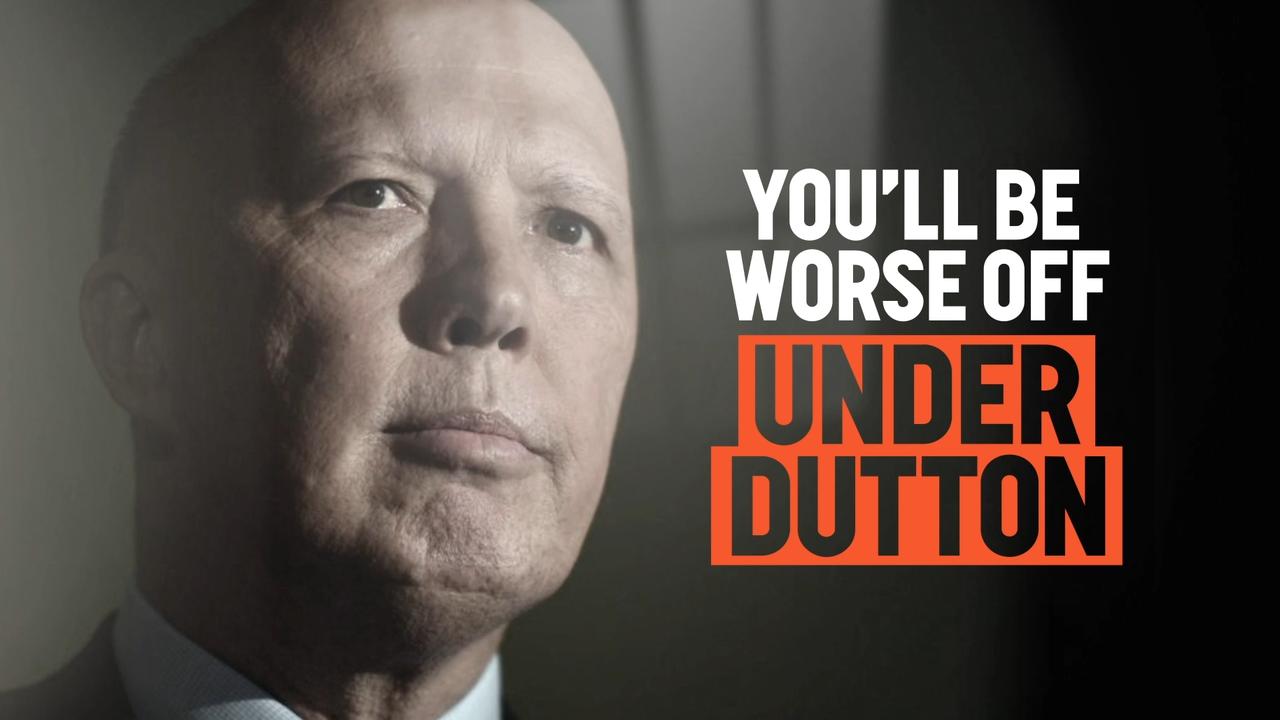Coronavirus: Immigration crash to tear $40bn-a-year hole in Australian economy
Immigration that prioritises migrants with in-demand skills could help revive industries crippled by shortages of skilled workers.

The suspension of the immigration pipeline is shrinking the economy by up to $40bn a year, but a staged resumption that prioritises migrants with in-demand skills could help revive industries crippled by shortages of skilled workers, leading economists and immigration experts say.
The government’s decision to close borders to restrict the spread of the coronavirus will, on its own figures, reduce net overseas migration by about 270,000 people from the start of the pandemic to the end of the 2021 financial year.
Net migration is projected to be just 35,000 next financial year, but it needs to be between 160,000 and 220,00 to maintain GDP per capita growth.
Immigration experts say rebuilding the skills base from within Australia and across dozens of industries would take too long.
Migrants contribute to the “three Ps” of economic growth: population, participation and productivity. They have, in recent years, made up about two-thirds of overall population growth, increasing demand for everything, including housing, financial services, education and consumables.
A high proportion are of working age, paying taxes and bringing skills into the economy.
“For decades, our economic miracle has been built on people power, and we won’t have that for the next little while. If you take away net migration, you take away a lot of the growth impetus the nation has,” Deloitte Access Economics chief economist Chris Richardson said.
“Those estimated losses in NOM (net overseas migration) numbers represent a bit over 1 per cent of the total population, but as much as 2 per cent of the value to the economy.
“It’s not simply a quantity issue; there’s a productivity and participation element, with people coming in on temporary or permanent working visas being of working age with relevant skills. At 2 per cent of the economy, you are talking about $40bn a year.”
Population Minister Alan Tudge agrees migration is critical. “Immigration has supported both GDP growth and GDP per capita growth. Treasury figures show about 20 per cent of our GDP per capita growth over the past 40 years has been due to population growth, which is why migration has been so important,” he said.
“This is why we will have to double our efforts in productivity and participation.
“The government’s entire economic agenda is built around getting the economy growing again more quickly, getting those higher participation rates and being more productive. That’s the reason for these current discussions around IR changes and deregulation.”
Mr Richardson said the government pulled the right rein when it halted international arrivals in response to the coronavirus. “There is no alternative, it was absolutely the right call,” he said. “But as a nation, we have what the world wants. So getting young, skilled migrants is a smart play for us. It can raise the living standards of those already here, and of the new arrivals as well.”
Economist and former Reserve Bank board member Bob Gregory said turning off the immigration tap so abruptly was “going to be a big shock … for some time to come”.
“A major source of this shock will manifest in the building and construction sector. This will start to look like a typical recession in December when the construction demand isn’t there any more,” he said.
While he agreed the government had no option but to shut the borders, he said difficult choices lay ahead.
“I’d say it’s gone from ‘there is no alternative’ to ‘there was no alternative’,” Mr Gregory said.
“Cutting off immigration will have an indirect effect across a range of areas, from businesses and housing in the inner cities, to tertiary education.”
Despite the certain rise in the unemployment rate of Australian citizens in coming months, the skilled migration program will be critical to the nation’s recovery, immigration experts told The Australian.
“It is a hard public conversation to have, but cafe managers and tour operators can’t be quickly re-skilled to be nurses or ICT (information and communications technology) managers,” EY’s Oceania immigration lead Wayne Parcell said. “It would take years to re-skill — that is the bare reality, that it would take real time and real cost, and do they want those jobs anyway?”
Mr Parcell said the areas with the highest skills shortage were in healthcare, social assistance, ICT, mining, professional and scientific and technical. These jobs are mostly sourced from the US, UK, Singapore, Hong Kong and New Zealand. “One idea is to selectively ease border restrictions, focusing on occupations most in demand, sourced from safer countries and contingent on an employer’s good behaviour,” he said. “They would have to do more than usual, such as quarantining, health checks and such like. It would be a balance of what corporate Australia could do to breach that skills gap without increasing the risk of infection.”
University of Sydney global migration expert Anna Boucher agreed that re-skilling Australians to meet critical future demand could not be achieved in a timely manner.
“Fifty per cent of health workers in rural areas are overseas born. That market won’t disappear,” she said.
She saw potential in a staged reopening of the international borders. “They could do it like the school openings, try a little bit, see how it works. They could initially target visas specifically for the jobs we most need.”







